It is obvious for homeowners to get concerned when the winter is looming around because there are many aspects of the garage that can be badly affected by freezing air and snowfall. The winter often brings snow and water residue, road salt, and anti-freeze that can severely damage your garage floors and walls. Moreover, snowmelt, slippery spots, cold air seeping inside the water pipes, costly heating bills, and wagon metal-parts rust are other common winter hazards.
12 Ways to Protect Your Garage in Winter
Table of Contents
The following tips will help you prepare your garage for cold months so you can prevent common garage damages.
Start With the Garage Floor
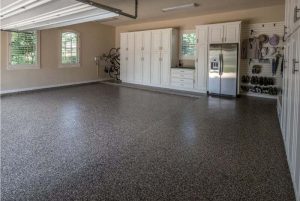
The garage floor can easily crack up and look very unattractive when exposed to snow, freezing air, and water. Cover your garage floor to avoid winter weather hits. It would be best if you considered adding garage floor protection such as epoxy and hardwood flooring or rubber flooring to add a protective finishing layer against possible damages.
Apply Weather Coating
The coating is a great way to prepare your garage for the upcoming winter. Start with coating the outside of the garage with weatherproof paint to ensure damage prevention against snowfall, road salt, and rain. The more robust garage exterior prevents cracks and openings on the wall to stop freezing air and water from getting inside.
Insulate Your Garage
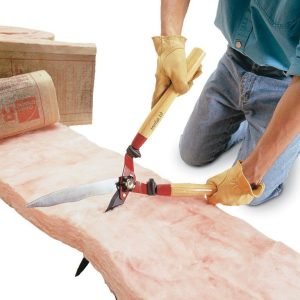
Garage insulation is a great way to keep the temperature inside moderated. Whatever the weather outside is, the insulation will ensure that your vehicle and storage are safe from weather damage. Start with insulating the garage walls and door panels with high R-rated materials, including polyethylene, polystyrene, and fiberglass.
Keep Garage Door Lubricated
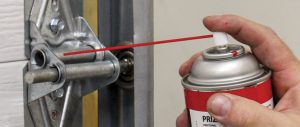
Lubricating garage door hinges, garage door springs, tracks, and torsion helps prevent weather corrosion and rust during winter. The metal parts can rust from light frosts and water that making it harder to open or close. Start with lubricating your garage door with lithium grease spray or silicone spray in preparation for the bad weather.
Protect Garage Door
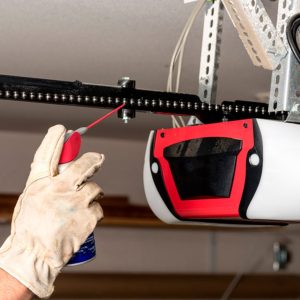
Inspect your garage door for any significant renovations or repairs. Start with looking closely at your weather stripping around the garage door to ensure it is not loose or cracked. Repair or replace any damaged location, including door panels, hinges, and garage door springs, to reduce energy consumption in your home.
Make Room for Storage
Homeowners often use garages for the storage of machinery, food items, and home decorations. It is a great idea to clear your garage of all the unwanted items and rubbles before storing new items. A clumsy garage room can become severely dangerous for children and pets that unknowingly walk inside.
Rotate Seasonal Items
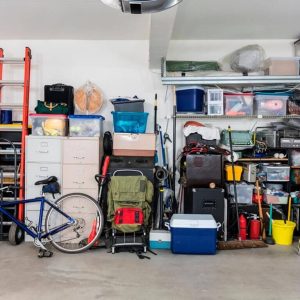
Before winter even starts, consider clearing or pushing summer items such as the lawnmower, garden tools, plants, sports items, and hoses to the back of the garage. You can use the cleared space to shop for immediate winter items such as shovels and salt to the front.
Create a Drop Zone
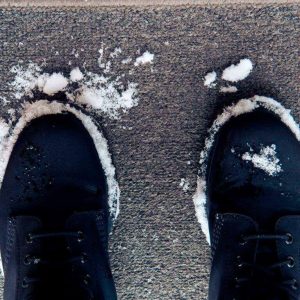
The garage is often the standard household drop zone, mainly in the case of attached garages. You can create a drop zone or mudroom space near the garage entrance so you do not drag mud, snow, ice, and water through the house.
Brush Off Your Vehicle Before Parking It
Before parking your vehicle inside the garage, it is a brilliant idea to brush off your vehicle and tires to prevent snowmelt from seeping into the floor. You can quickly eliminate snow residue, the danger of frost, and snowmelt from damaging your garage floor.
Invest in a Garage Heater
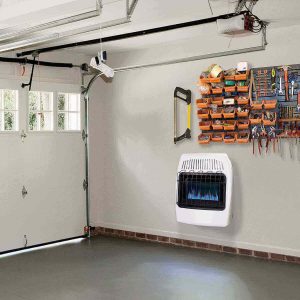
Installing a heater in an unheated garage is an excellent idea to prevent freezing air and moisture buildup from damaging your vehicle and stored items. Depending on your garage size, you can install a ceiling-mounted garage heater or portable garage heater with optimum BTU heat (British Thermal Units). You can choose from electrical or natural- petrol (diesel/propane) garage heater starting from 99 pounds.
Seal Cracks
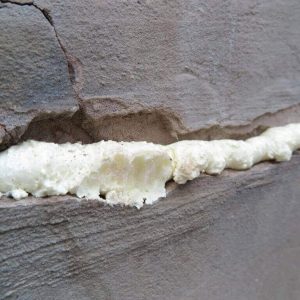
Inspect your garage walls and doors for possible cracks and openings. An unprotected garage unit is a significant reason why the freezing air easily seeps inside the exhaust pipes and home. You can quickly seal the crack with caulk or expanding foam, which you buy from the hardware shop. Sealing cracks also prevent rodents and pests from making homes.
Protect Your Pipes
If you have water pipes running through the garage, you must protect them from freezing air and snow. Winter damage can cause severe issues to the home plumbing system, resulting in thousands of pounds in repair costs. Start with insulating your pipes before the proper winter hits. You should also correctly drain, winterize, and cover any outdoor spigots that enter your garage. If you want to protect your garage, then you must prepare it for the proper winter months. Try these tips and watch the impact they have.
Conclusion
Along with protecting your garage, you should keep winter tools such as a squeegee, salt, ice scraper, and snow shovel inside your garage at all times so you can remove snow and water immediately.
If you want to protect your garage, then you must prepare it for the months of winter. Start with the above-given tips to ensure extra care for your garage!